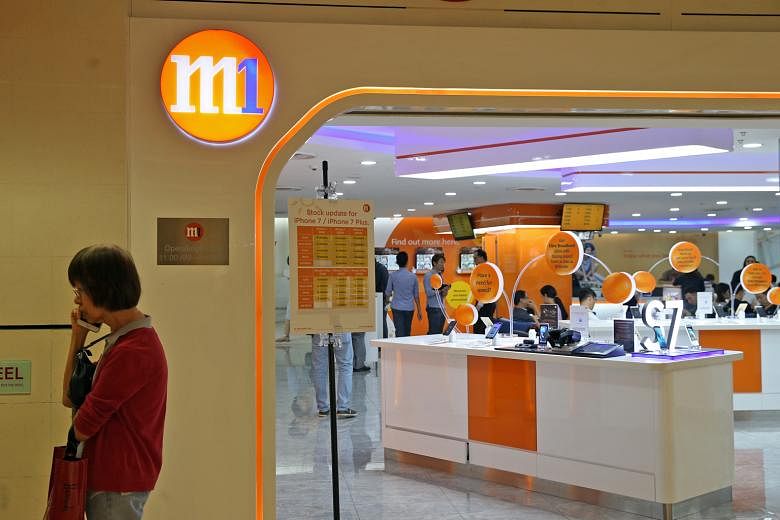Axiata Group's dream of building a carrier that spans southern Asia from Singapore to Pakistan, Indonesia and India is fading as it risks losing hold of overseas units to rivals.
Malaysia's biggest wireless carrier received an offer from Singapore Press Holdings (SPH) and Keppel Corp to buy out its stake in M1, the latest in a series of challenges to its regional presence.
The view was rosier for Axiata in 2016, when chief executive officer Jamaludin Ibrahim signalled interest in raising its stake in M1.
He also planned to double the number of telecommunication towers in South and South-east Asia in three years and eventually offer the assets in a public offering.
Since then, its stake in Idea Cellular was diluted by half after the Indian carrier merged with Vodafone Group, and its plan to buy Veon's tower unit in Pakistan was called off.
M1 remains a "strategic asset" for Axiata, and the Malaysian carrier will continue to review all available options, with the sole objective of upholding shareholders' value, the company's spokesman said in response to Bloomberg. It has a presence in 11 countries now, compared with 10 a decade ago, and has expanded to tower infrastructure and the digital business.
"We are much more of a regional player today compared to when we first started, and we will continue to pursue our expansion in areas that enable us to grow and enhance shareholders' value," the spokesman said.
Higher competition and regulatory hurdles are the key reasons for its overseas troubles, analyst Shafiq Kadir at KAF-Seagroatt & Campbell said by phone. "They will have to seek other acquisitions or expansion, and increase focus at home and in Indonesia, to make up for this," he added.
Axiata still has operations in Indonesia, Bangladesh, Sri Lanka, Nepal and Cambodia.
The Malaysian carrier paid $260.8 million for an early 12.1 per cent stake in M1 in 2005 at $2.20 per share. It would gain $547 million if it accepts SPH-Keppel's offer of $2.06 as M1's dividends over the years have fully repaid the debt and equity used to buy its current 28.68 per cent stake, according to Bloomberg calculations.
Analysts at Daiwa Capital Markets Singapore and Citigroup Global Markets said Axiata can counter SPH-Keppel's buyout offer if it chooses to.
"We think it is unlikely it would agree to the offer," analyst Ramakrishna Maruvada at Daiwa Capital Markets Singapore wrote in a note last Thursday. "On the strength of its balance sheet alone, it has adequate resources to engage in a bidding war up to $2.50."
BLOOMBERG

